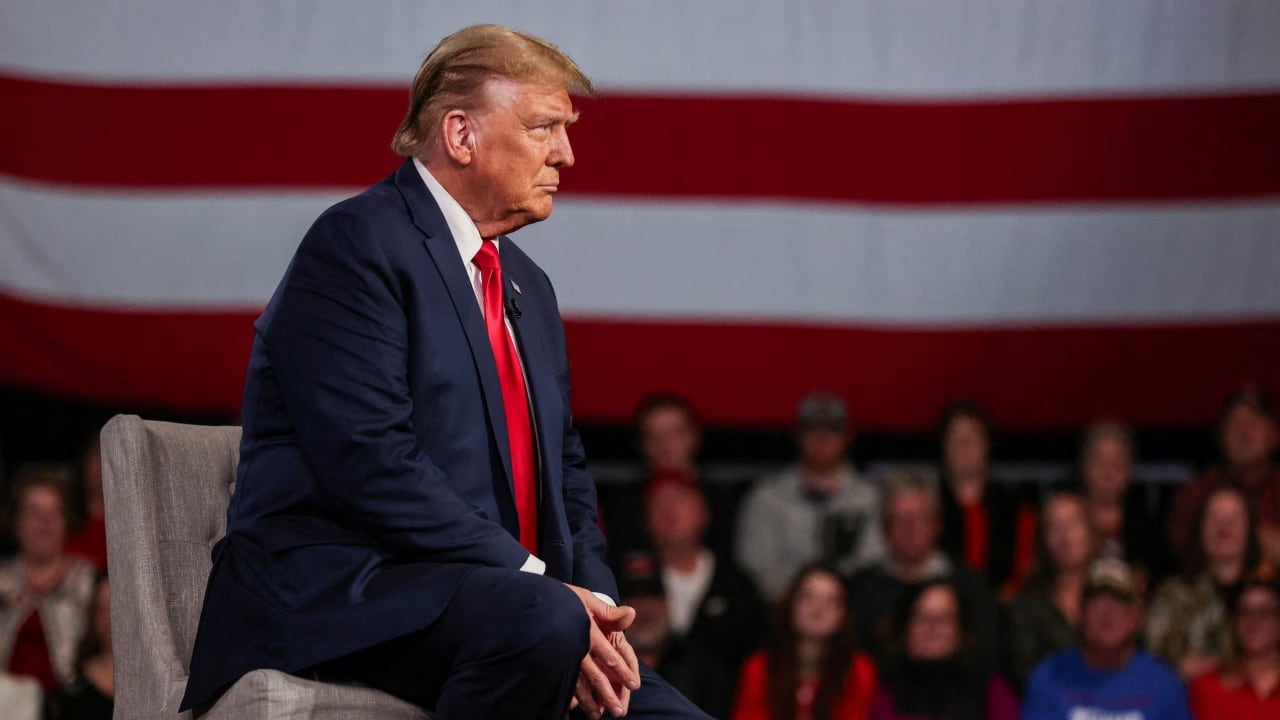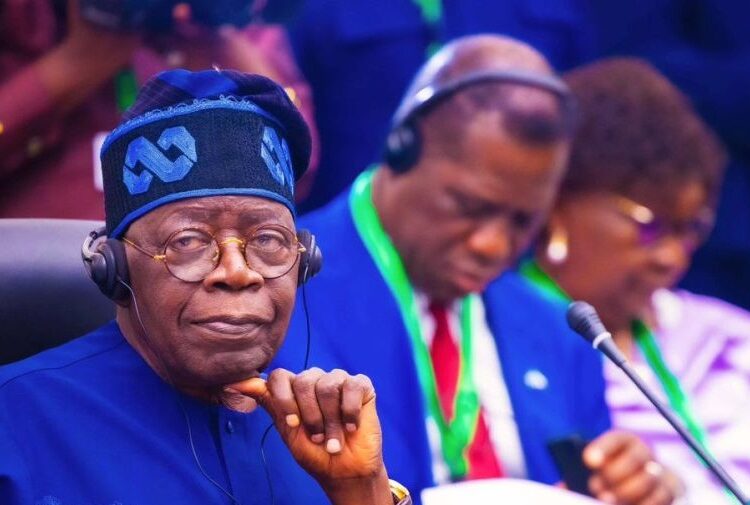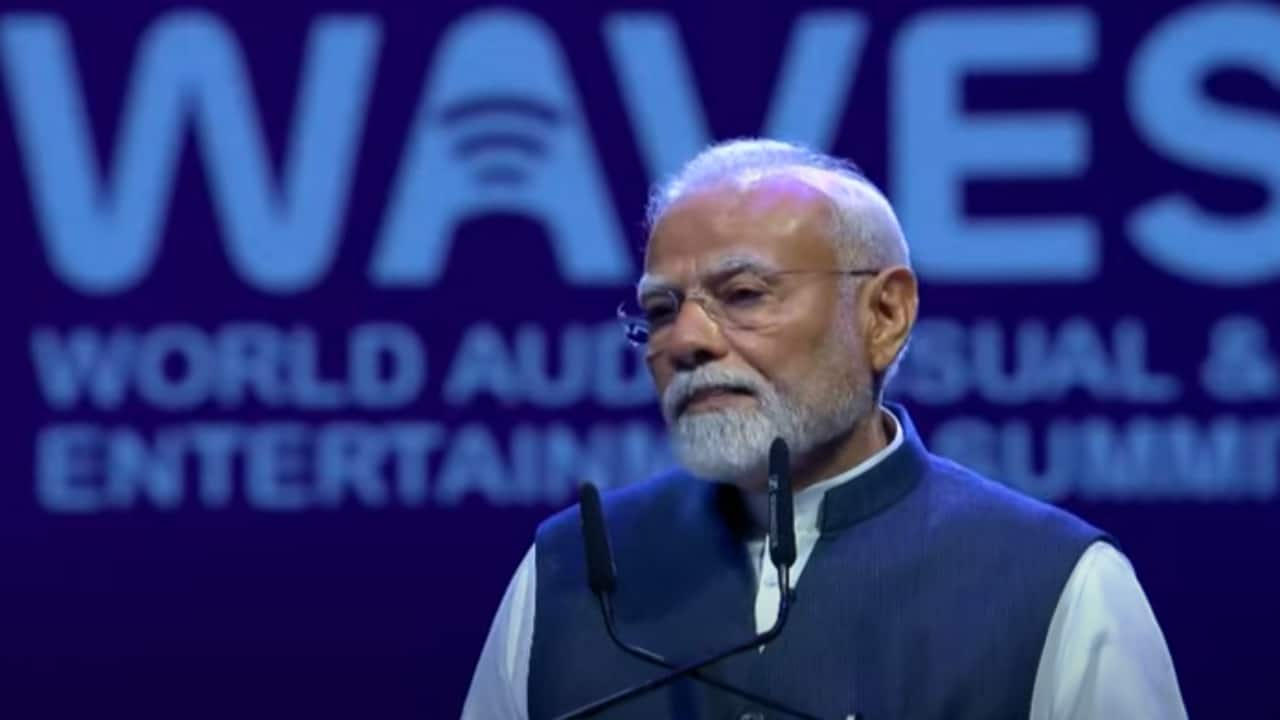America’s toymakers outsourced manufacturing to China in the 1980s to cut costs. Nearly half a century later, that decision could bankrupt them. Almost half of the more than 400 US companies surveyed by the Toy Association, a trade organization, said that President Donald Trump’s 145% tariffs on goods imported from China implemented in April will put them out of business within months.
Roughly 80% of toys sold in the US are made in China, according to the organization. American toymakers that can’t afford to absorb the higher costs will either attempt to push higher prices onto consumers or stop making their products altogether, which could imperil the crucial holiday shopping season. “There’s no magic wallet that’s going to pay for it,” John Kimble, the chief financial officer of Jakks Pacific Inc.

, a Santa Monica, California-based toymaker said on a conference call Tuesday. “Our industry has already seen too many factories, wholesalers and retailers go bankrupt over the past 10 years.” Kimble traveled to China with Jakks Chief Executive Officer Steve Berman recently to meet with local manufacturers the company has worked with for decades to discuss how to cut costs, he said.
The maker of Disney Princess dolls and Sonic the Hedgehog collectibles is stockpiling inventory in the US, reviewing what products it will sell in the future and seeking to lower expenses across its business. Trump’s tariffs are hobbling an industry already contending with a slowdown in sales after a surge during the pandemic’s lockdowns. Revenue in the US was flat last year after declining 7% in 2023, the Toy Association said in January.
Last week, the administration was sued by a group of companies, including toymakers, that allege the tariffs are unconstitutional. On Wednesday, Toronto-based Spin Master Corp., which makes toys associated with the children’s show PAW Patrol, withdrew its outlook for 2025, “until the environment stabilizes.
” Management will hold a conference call Thursday morning to discuss its results. About 96% of US toy and game companies are small to medium-size businesses and can’t easily reroute their supply chains given the quality and afford ability of Chinese manufacturing. Molly Zeff, the co-founder and CEO of Brooklyn, New York-based Flying Leap Games, believes that demand for her $30 Wing It party game would collapse if she passes the cost on to the consumer.
“We as an industry are being absolutely crushed by this,” Zeff said. “I am not producing my bestselling game at all right now.” More than 80% of respondents to the Toy Association’s survey in April said they were delaying or canceling orders as a result of the tariffs.
The Port of Los Angeles, the largest recipient of shipping containers in the US, expects to see a one-third decline in cargo over the next few weeks. Hasbro Inc., maker of G.
I. Joe and My Little Pony toys, has forecast a hit to profit of as high as $180 million this year, depending on whether the tariffs stay at current levels. The company is moving production of hundreds of items from China to other locations, Chris Cocks, Hasbro’s CEO, said on an April 24 earnings call.
The company sources products in eight countries now, a number that could expand to 10, he said. About half of the toys and games it sells in the US are made in China. The change in suppliers comes with a cost.
Most Play-Doh putty sold in the US comes from China, Cocks said. If the company shifts production to Turkey, another source, there will be additional expenses, which could be passed along to consumers. “We are going to have to raise prices inside of a 145% tariff regime with China,” Cocks said.
“We’re just trying to do it as selectively as possible and minimize the burden to the fans and families that we serve.” Mattel Inc., maker of Barbie dolls and Hot Wheels miniature cars, has also been looking at other places to make its toys.
China will represent less than 40% of its global manufacturing this year, down from about 50% in 2024. “Our teams have been fully engaged in analyzing and planning for a range of scenarios,” Chief Financial Officer Anthony DiSilvestro said on a Feb. conference call.
Mattel is scheduled to report first-quarter financial results on May 5. ©2025 Bloomberg L.P.
This article was generated from an automated news agency feed without modifications to text..
Business

US Toymakers Scramble to Adjust to Trump’s China Tariffs

America’s toymakers outsourced manufacturing to China in the 1980s to cut costs. Nearly half a century later, that decision could bankrupt them.















